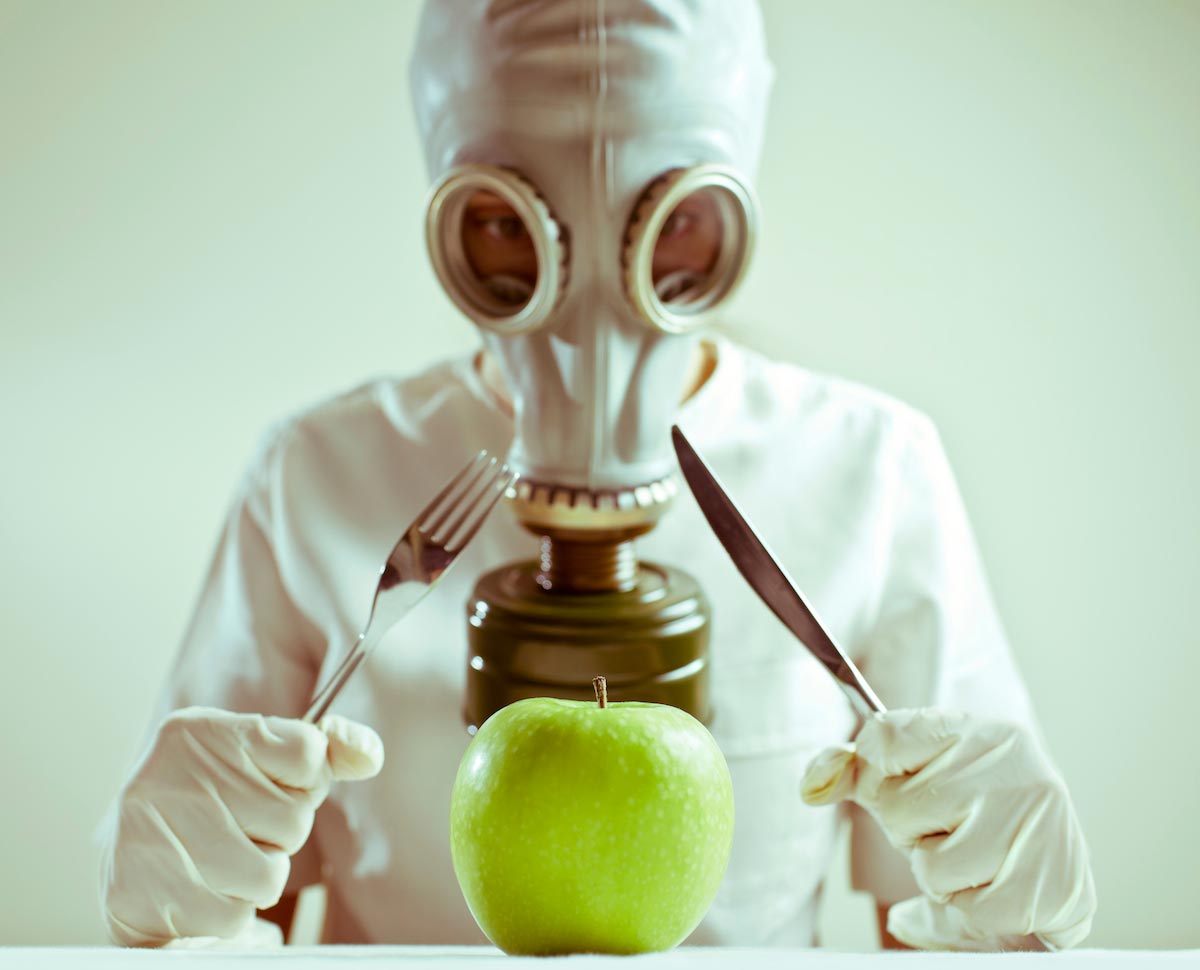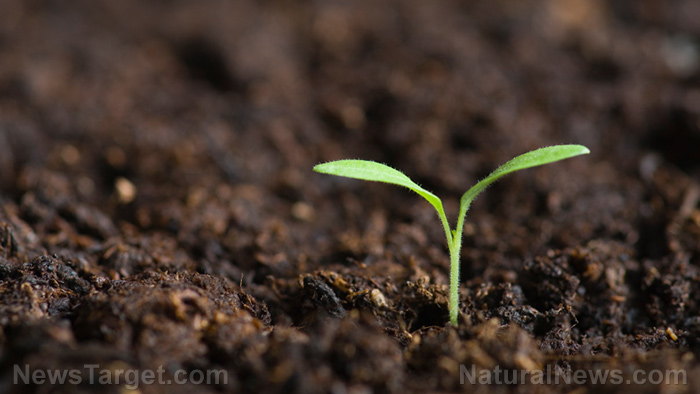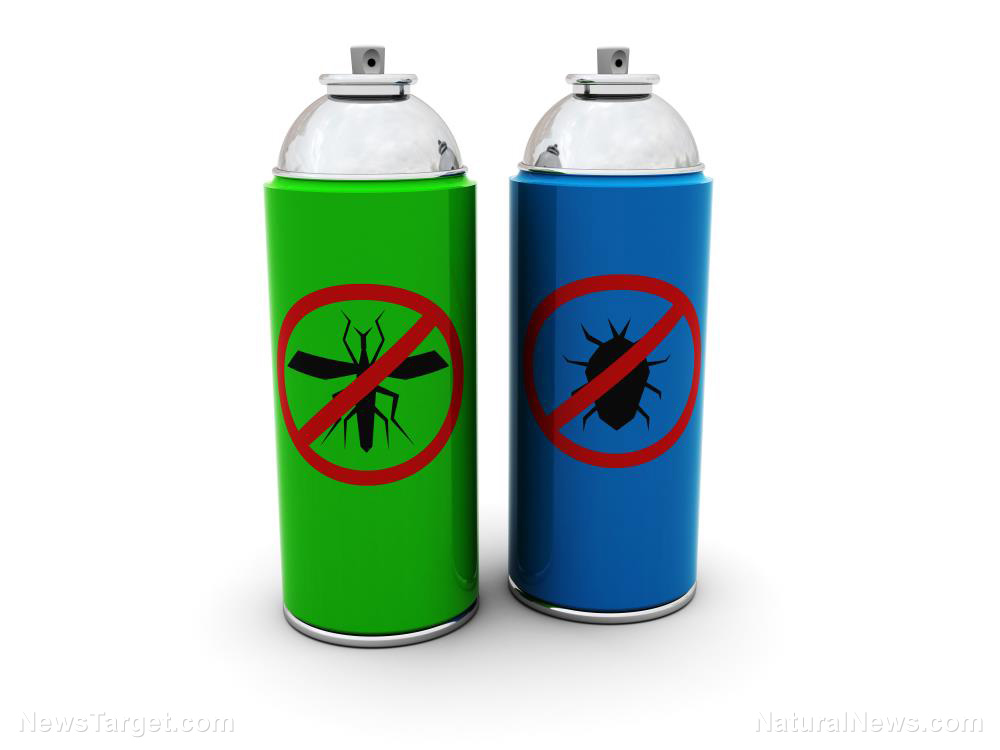Glyphosate linked to autism; how to detox this “sleeper toxin” from your body
03/30/2018 / By Ethan Huff

As many as one out of every two children is expected to be diagnosed with autism by the year 2025, and research scientist Dr. Stephanie Seneff, Ph.D., has concluded that one of the most prolific causes in the world today is the deadly crop chemical known as glyphosate.
The primary active ingredient in Monsanto’s Roundup herbicide, glyphosate was originally developed as an industrial cleansing agent to chelate heavy metals and other substances out of clogged pipes. When it was discovered that glyphosate can also kill microbes, it was eventually transformed into what would eventually become one of the most widely used weed killers in conventional agriculture.
But research compiled by Dr. Seneff in conjunction with data published by the U.S. Centers for Disease Control and Prevention (CDC) reveals that, contrary to claims by Monsanto that glyphosate is “safe” for humans, the chemical’s use is directly associated with rising rates of autism over the past several decades.
Data released by the CDC back in 2014 shows that one in 68 children now falls on the autism spectrum – up from about one in 2,000 children back in the 1980s. Interestingly enough, autism wasn’t even on people’s radars until glyphosate hit the scene, as rates of the disease rose sharply alongside the increased use of glyphosate in chemical agriculture.
Besides autism, glyphosate is also linked to a number of other health conditions, including attention deficit hyperactivity disorder (ADHD), food allergies, asthma, leaky gut syndrome, irritable bowel disease (IBD), Alzheimer’s disease and dementia, heart disease, and cancer – a phenomenon that Dr. Seneff describes as “devastating.”
Sulfur-rich foods are among glyphosate’s worst enemies
And it isn’t just Dr. Seneff who’s saying this. The World Health Organization’s (WHO) International Agency for Research on Cancer (IARC) concluded several years back that glyphosate is a “probable carcinogen” in humans. And yet it continues to be sprayed on conventional and genetically-modified (GM) soy, corn, canola, beets, peanuts, and legumes.
But glyphosate can simply be washed off the finished product, right? Wrong. Not only do plants absorb glyphosate into every single one of their cells, but it can also combine with other toxins to increase toxicity exponentially, resulting in hormone disruption, damaged metabolism, impaired liver function, and imbalance in the gut microbiome.
This is why Dr. Seneff stresses the importance of glyphosate detoxification, which she says will help to remove this so-called “sleep toxin” from the body so as to minimize the harm it causes. Until glyphosate is completely banned from agriculture, there’s no way to avoid it completely, especially since it ends up in almost every type of food that’s not certified organic or grown at home away from the chemical sprayers.
When glyphosate sticks around in the body, it prevents red blood cells from maintaining healthy levels of vitamin C, which is important not only for immunity but also for blood vessel and heart health. Glyphosate can further lead to fatty liver disease, as it disrupts fructose metabolism and sulfate synthesis.
Dr. Seneff recommends consuming a diet high in cholesterol, as glyphosate tends to strip this important nutrient from the body – seeing as how it’s a chelator and all. Eating wild-caught seafood and pastured, organic eggs is also important, as is consuming plenty of probiotic foods like yogurt, kefir, and kombucha, as well as sulfur-rich cruciferous vegetables like Brussels sprouts, broccoli, and cauliflower.
Supplementing with sulfur-containing supplements such as alpha-lipoic acid and methylsulfonylmethane, or MSM, will also help to replenish the minerals that are lost in the body as a result of glyphosate exposure. Be sure to also consume plenty of greens, herbs, and spices, including things like garlic, parsley, onions, cilantro, basil, and dandelion greens, all of which are powerful, natural detoxifiers.
To keep up with the latest news on toxic glyphosate, be sure to visit Glyphosate.news.
Sources for this article include:
Tagged Under:



















